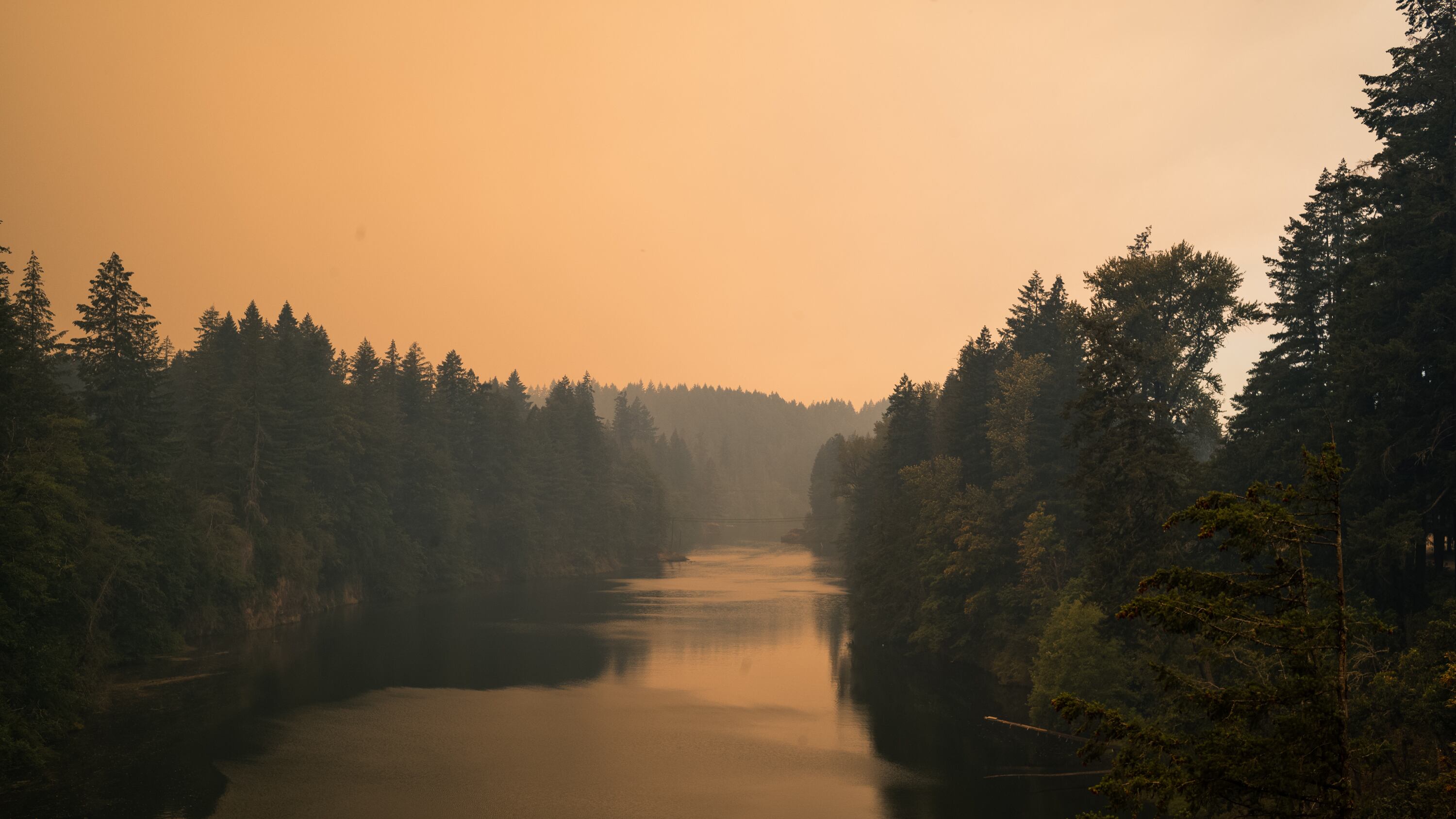WW presents “Distant Voices,” interviews for the era of social distancing. Our reporters are asking Portlanders what they’re doing during quarantine.
Noah Greenwald wants to save Oregon’s trees—even the dead ones.
Last fall, wildfires tore through the Santiam State Forest, burning over 16,000 acres of land. Oregon Department of Forestry manages that land, and its plans for restoration have proved controversial. The agency plans on nearly tripling the forest’s annual logging areas.
“From our perspective, the science is clear that going in and clear cutting these areas will not help them develop habitat,” says Greenwald, the endangered species director for the Center for Biological Diversity. “In fact, it will retard the ability of those forests to recover.”
Last week, seven conservation groups—Cascadia Wildlands, the Audubon Societies of Corvallis and Salem, Benton Forest Coalition, Oregon Wild, Willamette Riverkeeper and the Center for Biological Diversity—filed a lawsuit against the Oregon Department of Forestry. The lawsuit claims that ODF’s efforts to increase logging is inconsistent with its own rules.
According to Greenwald, about a third of the area that ODF intends to log is land the agency previous designated as protected habitats and areas for developing complex forests. In some potential logging spots, there’s still live trees. But even charred trees can help regenerate a forest.
“It’s important to recognize that dead trees, as well as live trees have a lot of benefit for wildlife,” says Greenwald.
WW talked to Greenwald about the goals of the lawsuit and why dead trees are good for salmon.
See more Distant Voices interviews here.

